Debating Tailoring Your Study Plans To Suit Your Learning Styles? Here’s Why You Should

Studying is something most students have to navigate, but not everyone studies the same way. While some people might find traditional methods work well for them, others may struggle to stay focused or retain information. That’s because everyone learns differently, and figuring out what works best for you is crucial to success.
Tailoring your study plan to suit your personal learning style isn’t just about making things easier; it’s about maximizing the time you spend studying, boosting your confidence, and ultimately improving your academic performance.
Although plans do exist to help support students in their academic journey, this guide will help you identify your learning style and develop a study plan that fits you perfectly. Whether you’re someone who learns best by seeing, hearing, or doing, creating a personalized approach can make all the difference, and here’s how!
Why Your Study Plan Should Fit You, Not the Other Way Around
This might sound as though we are stating the obvious, but it is important to emphasize that everyone learns differently, and what works for one person may not work for someone else. That’s why it’s important to create a study plan that fits your individual needs and preferences. If you force yourself to follow a rigid or generic approach, it can lead to frustration and burnout. Instead, think about how you best absorb information. Think about crafting a study plan that aligns with your strengths – one that will help you find studying enjoyable and more effective.
A great place to start is to reflect on your previous study sessions. Ask yourself- which methods helped you understand and retain information the best? Did you find that taking detailed notes was more helpful, or did you grasp concepts better through discussion or hands-on activities? The answers to these questions will provide you with great insight that you can use as the foundation for building a plan to support your learning style. What’s even better is that recognizing these patterns early on can set the stage for long-term success.
A tailored study plan also boosts your confidence. When your study methods feel natural to you, it’s easier to stay motivated. Confidence in your process translates into better focus during study sessions, reducing stress and helping you achieve more in less time. As Anxiety Canada highlights:
“Gradually facing fears, step by step, is a very powerful tool to help overcome anxiety. In more clinical terms, this process is called ‘exposure’.”
“…Think back to a situation that used to make you anxious. It could be a time you were starting a new job or school program, or learning to drive … If you are much less anxious about it now, it’s likely because you got practice in (or got exposure to) the situation and learned you could cope.”
Different Learning Styles Explained
Your learning style is unique to you, and it can be a mix of several approaches. Understanding how you learn best is key to creating a study plan that suits you. There are different types of learners, but we’ll focus on a few common styles and how to adapt your study habits to fit each.
Visual Learners: Visual learners thrive when information is presented in a way they can see. Charts, diagrams, and color-coded notes help them understand complex topics.
Auditory Learners: Auditory learners absorb information best when they hear it. Listening to lecture notes, recordings, or even explaining the material to someone else can make all the difference.
Quick Study Plan Examples for Different Learning Types
Tailoring your study plan isn’t just about knowing your learning style—it’s about applying the right strategies to help you absorb information effectively. Here are a couple of examples of different learning types to give you an idea of how to structure your study sessions.
Visual Study Plan Example
If you’re a visual learner, creating visual aids is key to retaining information. Let’s say you’re preparing for an exam that covers multiple topics. Start by breaking the content into sections, then create mind maps or diagrams for each one. For example, if you’re studying geometry, you might sketch out different shapes, label key formulas, and color-code the diagrams based on the type of problem they solve.
Next, use flashcards for definitions or concepts you need to memorize. Visual learners benefit from seeing key points laid out, so use different colors and images to reinforce memory. Don’t just stick to text—think about how to represent information visually to help it sink in. For example, as touched on in an article titled ‘6 Types of Educational Content for Teaching and Learning’ for The New York Times:
“Humans are visual learners. In fact, studies show that after three days, a person will retain 65% of all visual information they have seen, compared to only 10-20% of written or spoken information. With this in mind, infographics can be the best of both worlds for educational purposes, as they present information in a more visual way.”
A Simple Plan for Kinesthetic Learners
Kinesthetic learners need movement and hands-on activities to absorb information. If you’re a kinesthetic learner studying a math concept, work through problems using real-world objects. For instance, when learning about fractions, you could physically divide items like paper or food to understand how parts make up a whole.
Your study plan might also include frequent breaks to stand up and move around. Doing small physical activities while reviewing notes or repeating information out loud can help you engage both your mind and body, making the material easier to retain. Incorporating action into your study plan will make your sessions feel less monotonous and more interactive.
Keep It Flexible: Adjusting Your Plan As You Go
No study plan is set in stone, especially when it’s personalized to your learning style. Flexibility is crucial for long-term success, as it allows you to adapt based on what’s working and what isn’t. Sticking rigidly to one method may not always yield the best results, so it’s essential to adjust your approach when needed.
For instance, if you realize that a certain strategy isn’t helping you retain information, don’t hesitate to try a different technique. Perhaps switching from reading textbooks to using flashcards or from studying alone to forming a study group can provide the shift you need to stay motivated. Keep track of what’s working and be open to mixing techniques as your learning evolves.
If you keep your study plan flexible, you give yourself the space to explore different methods without feeling stuck in a routine. Flexibility also helps you stay engaged, making it easier to adjust for upcoming exams, assignments, or when you need a break from your usual routine.
Tools and Resources to Match Your Learning Style
Having the right tools at your disposal can make a huge difference in how well you stick to your study plan. Different resources cater to different learning styles, and finding what works best for you will help reinforce your personalized approach.
For visual learners, tools like mind-mapping apps or platforms that allow for color-coded notes can be invaluable. Applications that let you create visual representations of your study material can make complex information easier to digest. For auditory learners, audio recordings of lectures or podcasts that explain topics in detail can make studying more effective.
Online platforms also provide a wide range of study materials tailored to individual needs. Platforms like Studocu offer a variety of study materials that can help match your personal learning style. Whether you prefer visual study notes, audio explanations, or detailed study guides, having access to a variety of resources allows you to create a study plan that works best for you.
The Benefits of Tailoring Your Study Plan
Tailoring your study plan to suit your learning style doesn’t just make studying easier—it makes it more effective. When you study in a way that fits your natural preferences, you’re more likely to retain information, stay focused, and avoid feeling overwhelmed.
One of the main benefits is that it allows you to study smarter, not harder. Instead of forcing yourself into a routine that doesn’t suit your needs, a personalized study plan helps you make the most of the time you dedicate to learning. Whether you’re using study notes, lecture notes, or interactive study guides, adapting your approach allows you to focus on techniques that yield the best results for you.
Another advantage is increased motivation. Studying in a way that feels right for you makes it easier to stay consistent. When study sessions are more enjoyable, you’re less likely to procrastinate or lose interest. Additionally, exam prep becomes less stressful when you know you’ve been studying in a way that works for your brain.
Lastly, by customizing your study methods, you develop better self-awareness as a learner. Knowing your strengths and weaknesses allows you to continue improving, whether for future academic pursuits or for learning outside of school. The benefits of a personalized study plan extend far beyond just preparing for tests—it’s about building a strategy that helps you succeed both academically and personally.
The Bottom Line
Tailoring your study plans to your individual learning style is an essential step toward academic success. It’s about finding methods that work for you, staying flexible, and continually refining your approach as you learn more about how you absorb information best. By taking the time to understand your own needs, and leveraging tools and resources that support those needs, you can make your study sessions more productive and less stressful.
Related to This Article
More math articles
- Top 10 ATI TEAS 7 Math Practice Questions
- 4th Grade PARCC Math FREE Sample Practice Questions
- What Kind of Math Is on the TASC Test?
- How to Stay Calm and Confident During a Math Test
- 4th Grade Georgia Milestones Assessment System Math Worksheets: FREE & Printable
- 10 Most Common 6th Grade MEAP Math Questions
- GED Testing Accommodations and Support for Students with Disabilities
- Best Calculator For 11th Grade Students
- Number Properties Puzzle -Critical Thinking 4
- SIFT Math Formulas

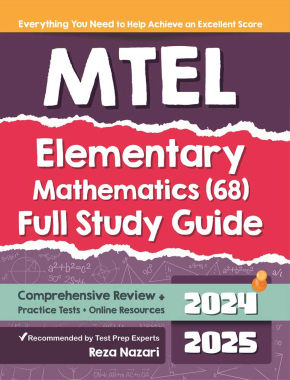
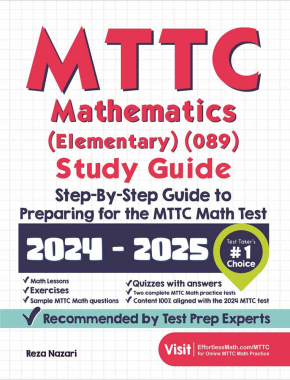
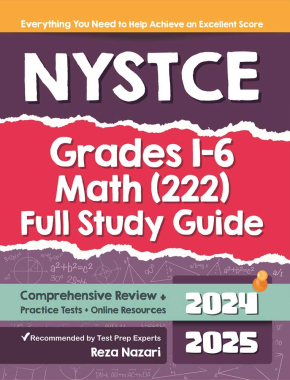
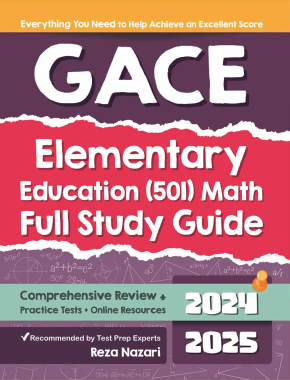
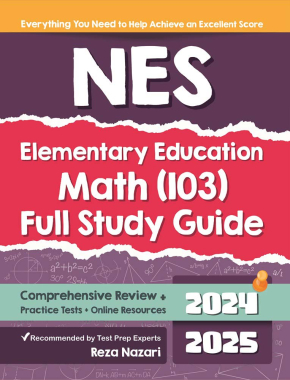
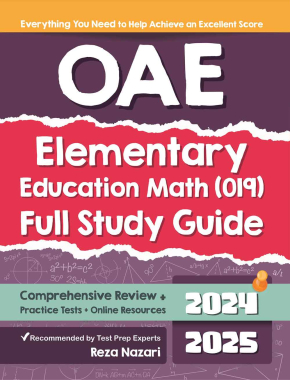
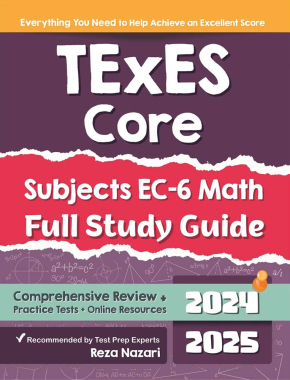
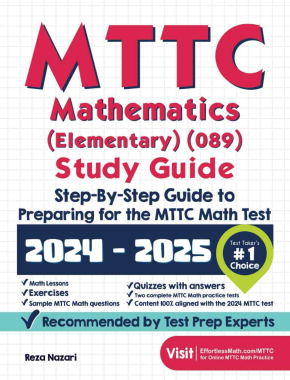
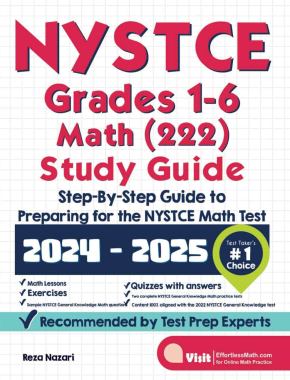

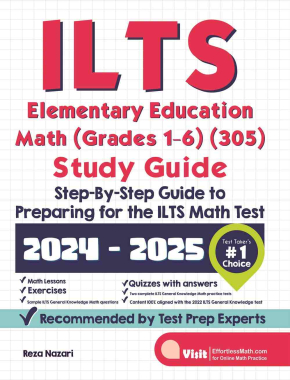
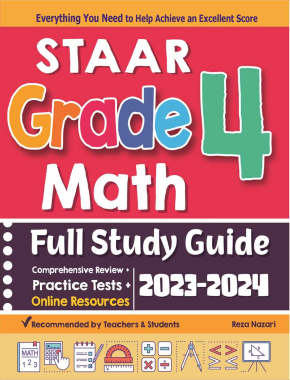
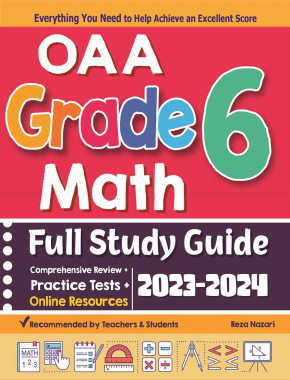
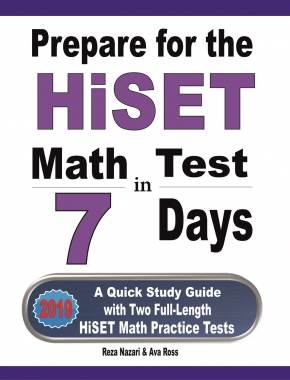


What people say about "Debating Tailoring Your Study Plans To Suit Your Learning Styles? Here’s Why You Should - Effortless Math: We Help Students Learn to LOVE Mathematics"?
No one replied yet.